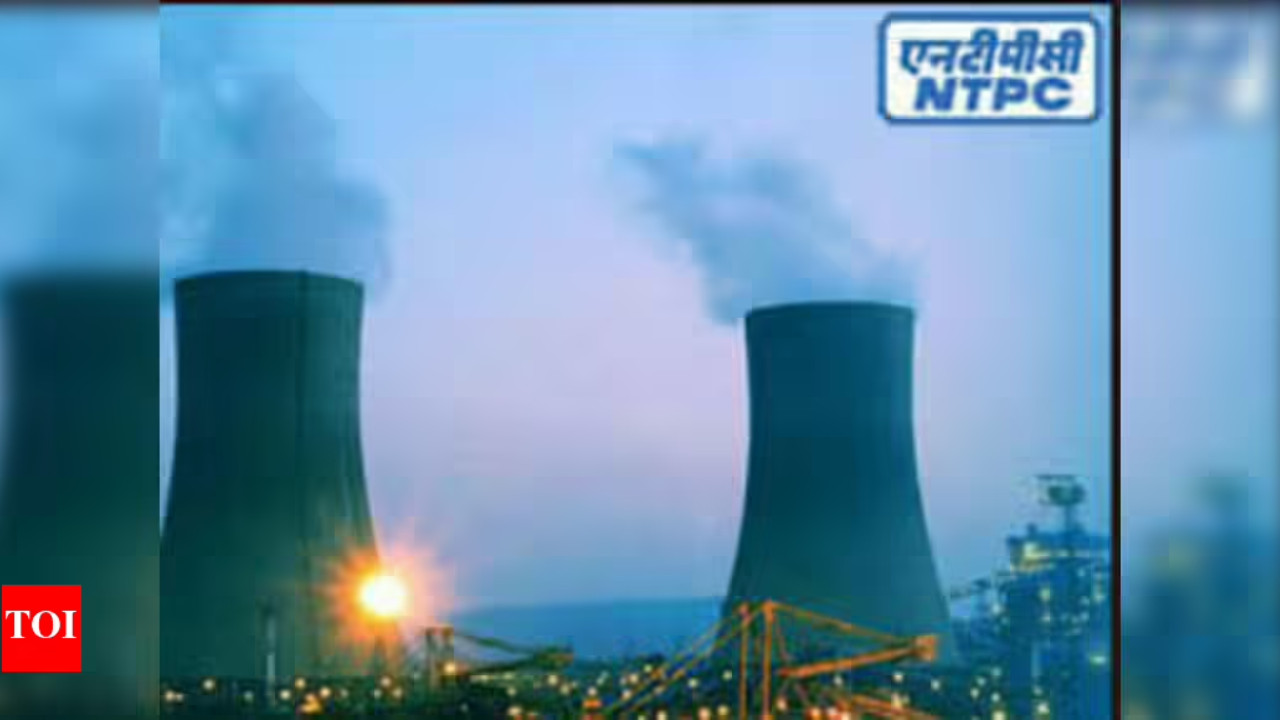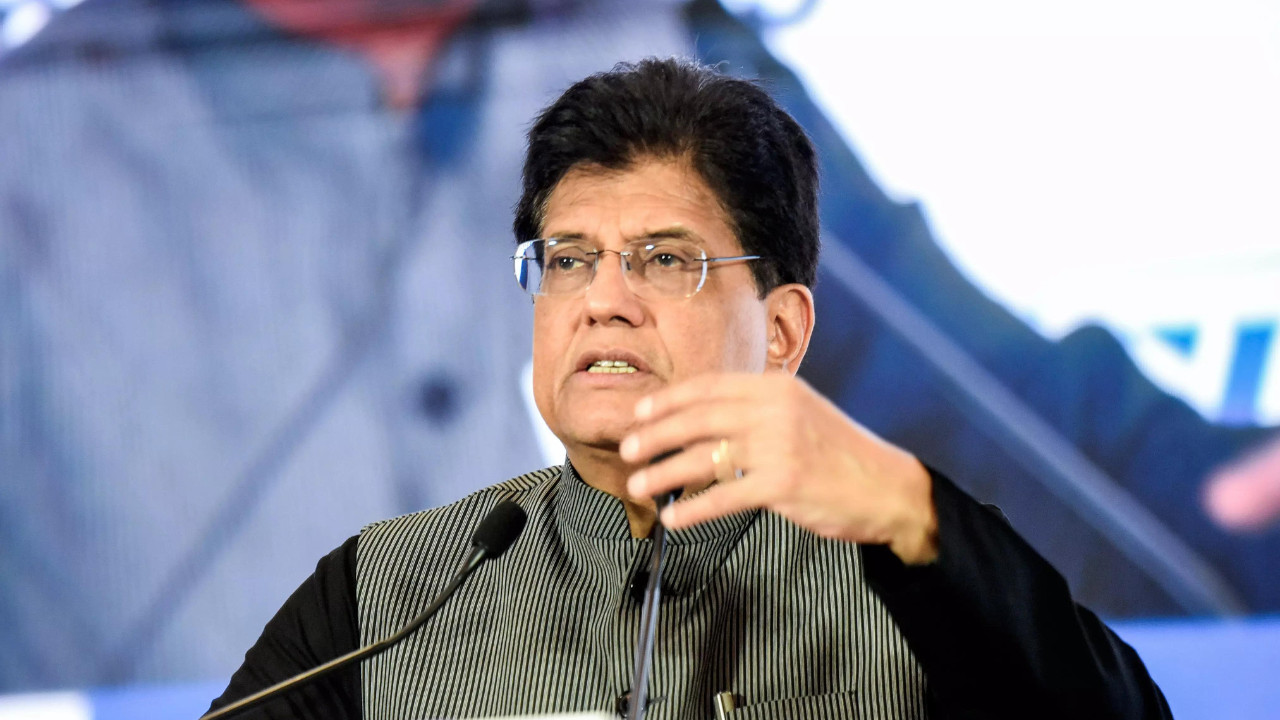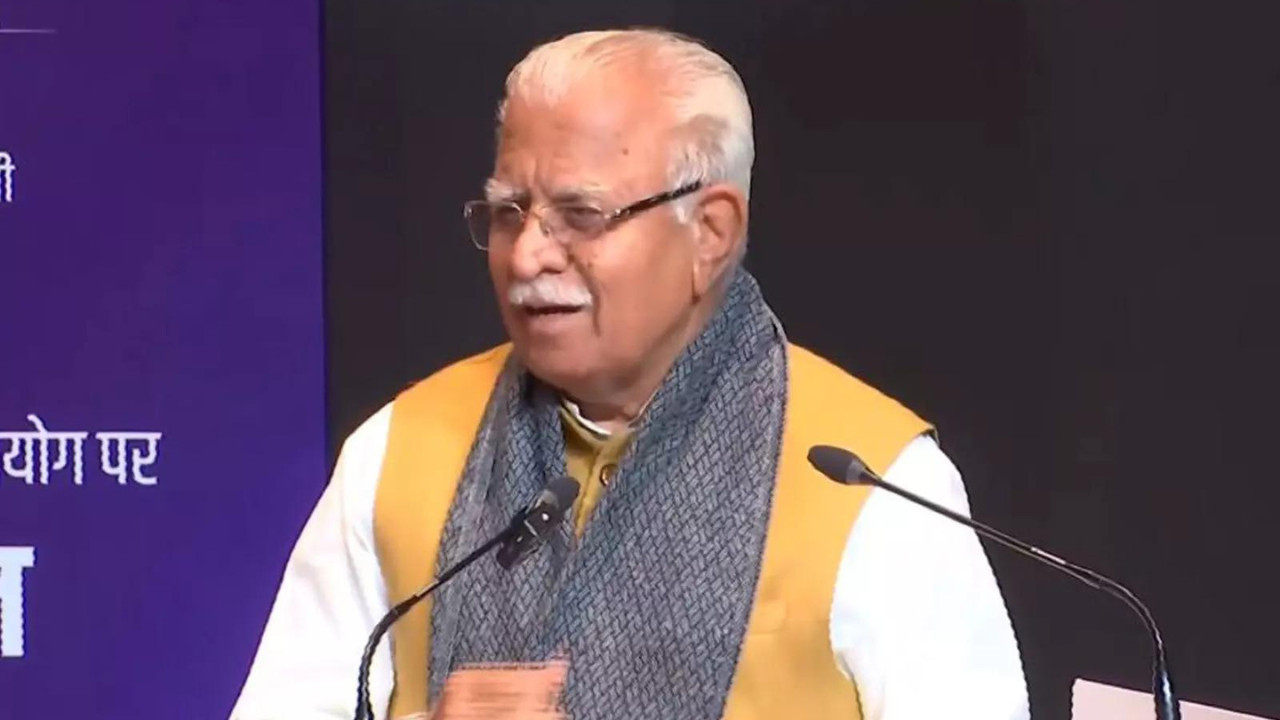NTPC is gearing up to establish nuclear power projects. These projects will be through collaborations and independently. NTPC is partnering with nuclear technology providers and state governments. This initiative aims to boost NTPC’s non-fossil fuel portfolio. Anushakti Vidhyut Nigam Limited, a joint venture with Nuclear Power Corporation of India Limited, is already operational.
Powering the Future: NTPC’s Bold Leap into Nuclear Energy
For decades, NTPC has been synonymous with powering India, its massive coal-fired plants lighting up homes and industries across the nation. But the energy landscape is shifting, and NTPC is clearly not content to be left behind. Whispers are turning into announcements as the power behemoth signals a significant pivot: a major push into nuclear energy.
But why nuclear? The answer is multifaceted. Firstly, the global imperative to combat climate change demands a rapid transition away from fossil fuels. Nuclear power, despite its controversies, offers a reliable and substantial source of baseload electricity with near-zero carbon emissions. Secondly, India’s burgeoning energy needs require a diverse and secure supply. While renewables like solar and wind are crucial, their intermittent nature necessitates a stable and predictable backbone, something nuclear can provide. Finally, advancements in nuclear technology, including smaller modular reactors (SMRs), are making it a more attractive and manageable option than ever before.
NTPC’s ambition isn’t just about dipping a toe in the nuclear waters. They’re diving in headfirst, exploring various avenues to establish a strong presence in this critical sector. The company is considering both standalone projects and joint ventures, keeping all options on the table to accelerate its nuclear ambitions. This flexible approach demonstrates a keen understanding of the complexities of the nuclear industry and a willingness to adapt to different opportunities as they arise.
One promising area of exploration is the development of smaller, more agile nuclear facilities. Small Modular Reactors (SMRs) represent a significant leap forward in nuclear technology. Unlike traditional large-scale nuclear plants, SMRs offer several advantages. They’re quicker to build, require less upfront investment, and can be deployed in locations that wouldn’t be suitable for larger reactors. This makes them particularly well-suited for meeting the energy needs of smaller regions or specific industrial clusters. The move to explore SMRs aligns with global trends in nuclear technology and positions NTPC at the forefront of innovation in the Indian energy sector. 
The decision to consider joint ventures is equally strategic. Partnering with established nuclear technology providers or other energy companies can provide NTPC with access to valuable expertise, technology, and resources. This collaborative approach can significantly de-risk the venture and accelerate the deployment of nuclear power plants. By forging strategic alliances, NTPC can leverage the knowledge and experience of others to navigate the complex regulatory and technical landscape of the nuclear industry.
This expansion isn’t just about megawatts and market share; it’s about long-term energy security and environmental responsibility for India. It also dovetails with India’s commitment to international climate goals, demonstrating a proactive approach to reducing carbon emissions and building a sustainable energy future. By embracing nuclear power, NTPC is not just diversifying its portfolio; it’s investing in a cleaner, more resilient energy system for generations to come.
The shift to nuclear energy is not without its challenges. Public perception of nuclear power remains a hurdle, and ensuring the highest safety standards is paramount. Addressing concerns about waste disposal and security will be crucial to gaining public trust and ensuring the long-term viability of nuclear energy in India.
NTPC’s foray into nuclear energy signifies a pivotal moment in India’s energy transition. By strategically exploring standalone projects and joint ventures, with a focus on innovative technologies like SMRs, NTPC is positioning itself as a key player in the future of clean energy. This bold initiative promises to not only bolster India’s energy security but also contribute significantly to its efforts to combat climate change. The journey won’t be easy, but NTPC’s commitment suggests a future where nuclear energy plays a much larger role in powering India’s growth. Readers interested in this subject might also want to read more about India’s growing renewable energy sector [internal link to a related article on renewable energy in India].







